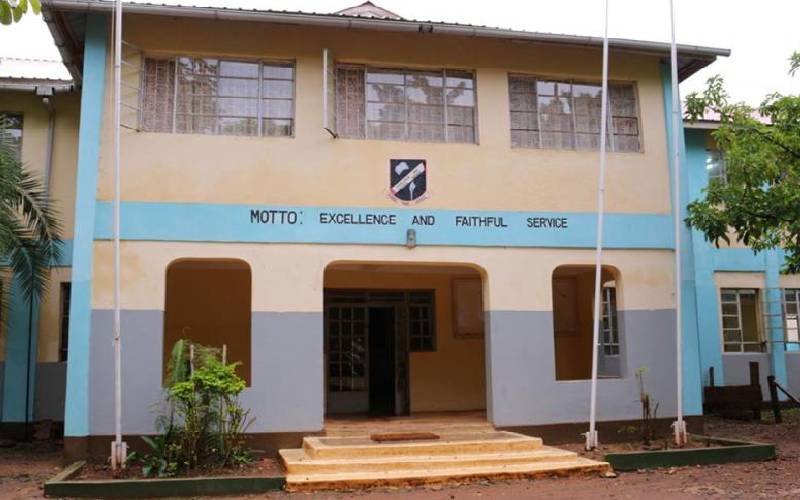×
The Standard e-Paper
Join Thousands Daily

One of the most troubling seasons for parents and guardians who have had their children do national examinations comes with the release of KCPE and KCSE test results. For this is the time when parents and guardians worry themselves sleepless as they try to secure good secondary schools, colleges and universities for their children. This happens every end of year, with everyone who cares angling for the best schools even when it has since emerged that some of these best schools ceased being so quite a while ago.